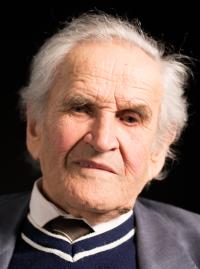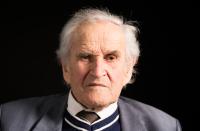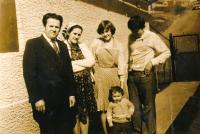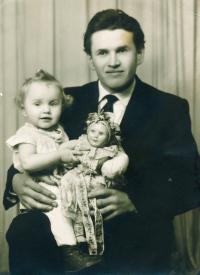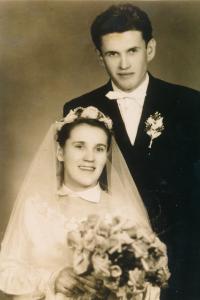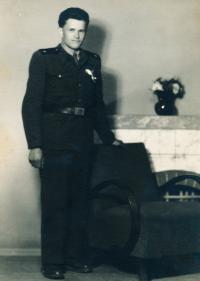I pushed Mum to move to Ukraine, and then I felt I was to blame

Stáhnout obrázek
Michal Hlivka was born in 1931 in the village of Ulič in eastern Slovakia. The family lived on a small farm. His father, a veteran of the Eastern and Italian fronts of World War I, could speak several languages and was regarded as an authority in the village. In the late 1930s he was elected First Secretary of the Communist Party of the East Slovakian Region. The Munich Agreement caused Ulič to fall under Hungarian rule. As a Communist functionary, his father was arrested and later murdered in the Dachau concentration camp in 1944. After the war his mother took up the role of First Secretary of the Communist Party. In 1947 people in the village were offered transfer to Ukraine in exchange for the Volhynian Czechs who wanted to move to Czechoslovakia. The promises and persuasion of the Soviet commissar and Michal Hlivka, who believed in a fertile and prosperous land in the east, the family decided to emigrate. They came to the former Czech part of the village of Mirohošť. They had to hand their farming equipment and animals over to the kolkhoz, and Michal‘s sisters began working there. The witness decided to escape back home. He managed to cross the borders, but he returned to his family. He was arrested. He escaped after four months of prison. It took him three weeks to walk back to his native village on foot. He and his brother reached Olomouc, and he received Czechoslovak citizenship. After many requests and twenty years of trying, they managed to obtain permission for his mother and sisters to move to Czechoslovakia as well.
